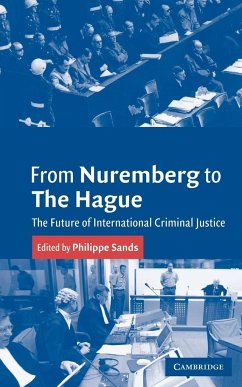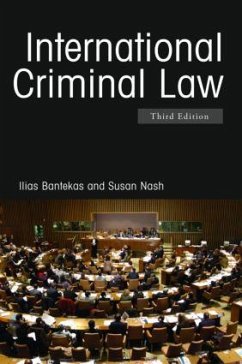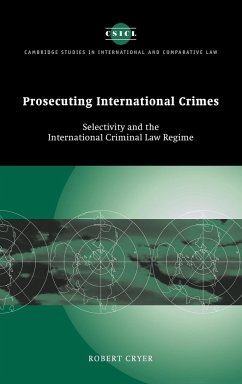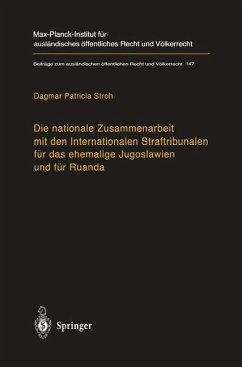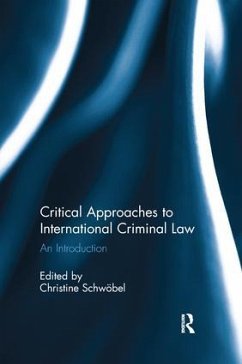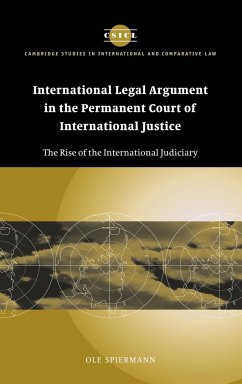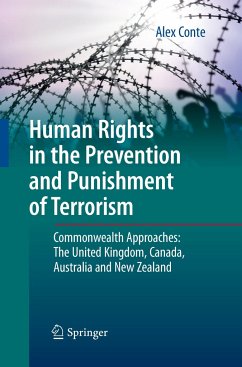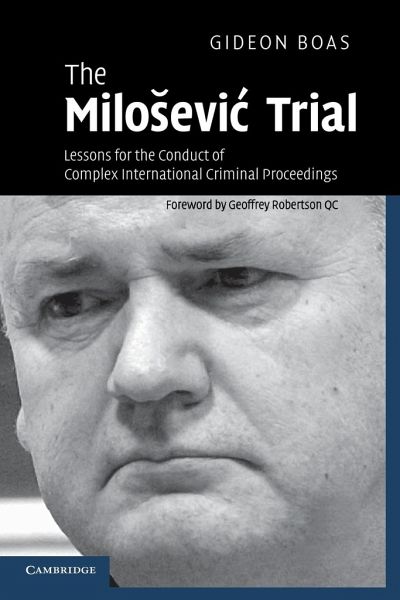
The Milo¿evi¿ Trial
Versandkostenfrei!
Versandfertig in 1-2 Wochen
46,99 €
inkl. MwSt.

PAYBACK Punkte
23 °P sammeln!
When Slobodan Milo¡evic died in the United Nations Detention Unit in The Hague, many feared that international criminal justice was experiencing some sort of death itself. This book, written by the senior legal advisor working for the Trial Chamber, analyses the trial to determine what lessons can be learnt that will improve the fair and expeditious conduct of complex international criminal proceedings brought against former heads of state and senior political and military officials, and develops reforms for the future achievement of best practice in international criminal law.





